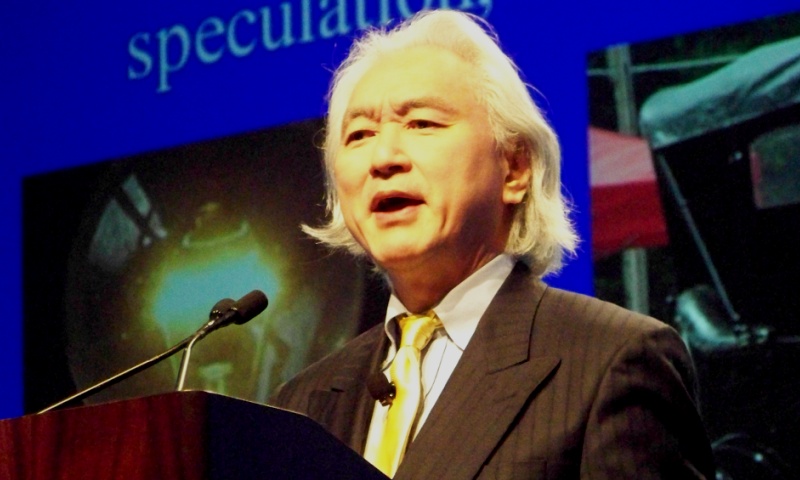
How the Future of Associations Rests on the “Caveman Principle”
To think about the survival of associations, one prominent futurist says we must look eons into the past.
In the debate over the future of associations, count Dr. Michio Kaku firmly in the camp of associations thriving for generations to come.
Kaku, a theoretical physicist, futurist, and author, told association executives at the 2013 Digital Now conference that the next 50 years will be defined by advances in telecommunications, biotechnology, artificial intelligence, and nanotechnology, but when asked about where associations will fit in, he referred to “the caveman principle.”
If you want to know the future of associations, look at how we hunted, how we bonded with other people, and how we joked at night.
“Think of 100,000 years ago when we were hunter-gatherers. After the hunt we would joke around, dance, play, flirt at the campfire. That’s the basic model of who we are,” he said.
Kaku said we humans haven’t changed much in 100,000 years. We want to bond socially with other people. We are hunters and gatherers. We like “proof of the kill.”
As Kaku explained, the caveman principle says that predictions like the paperless office or that urban populations would disperse with the advent of telework haven’t materialized because, despite technological advances, humans are still naturally programmed to like face-to-face interactions and tangible value.
“If you want to know the future of social media, look at the campfire. If you want to know the future of associations, look at how we hunted, how we bonded with other people, and how we joked at night,” he said. “That means associations have to have great social parties at night, because that’s what we did at the campfire. We have to have lots of gossip. We have to have all the latest [information]. We have to have the leaders of the industry come. … So that’s the basic model. If you deviate from that basic model, you fail.”
Known for books such as Physics of the Future and Physics of the Impossible and television programs on Discovery and BBC, Kaku described a future world in which computers will seemingly disappear, existing “everywhere and nowhere,” built seamlessly into the world around us. Our bathrooms will monitor our health. Our walls will change color on command or become computer screens. And Google Glass will have nothing on the augmented reality we’ll experience with computerized contact lenses.
A lot of it might seem far-fetched, but Kaku believes these developments will come to pass because greater access to information improves lives. However, “the information explosion is not a wisdom explosion,” he said. Wisdom, based on vigorous debate of different points of view, will be a “prized commodity.” Associations and meetings, both face to face and virtual, will thrive as long as they continue to be a platform for gathering wisdom in the midst of information overload. The tools and topics will change, he said, but the human factor won’t.
“The basic model is what we were like 100,000 years ago, multiplied by all the gizmos and gadgets and iPods and iPads of today. So, at a conference like this, in the future, maybe half the people will be virtual. You will see them in your contact lens,” he said.
“Use the technology, but the basic model is the same. It hasn’t changed for 100,000 years.”
(photo by Joe Rominiecki)






Comments